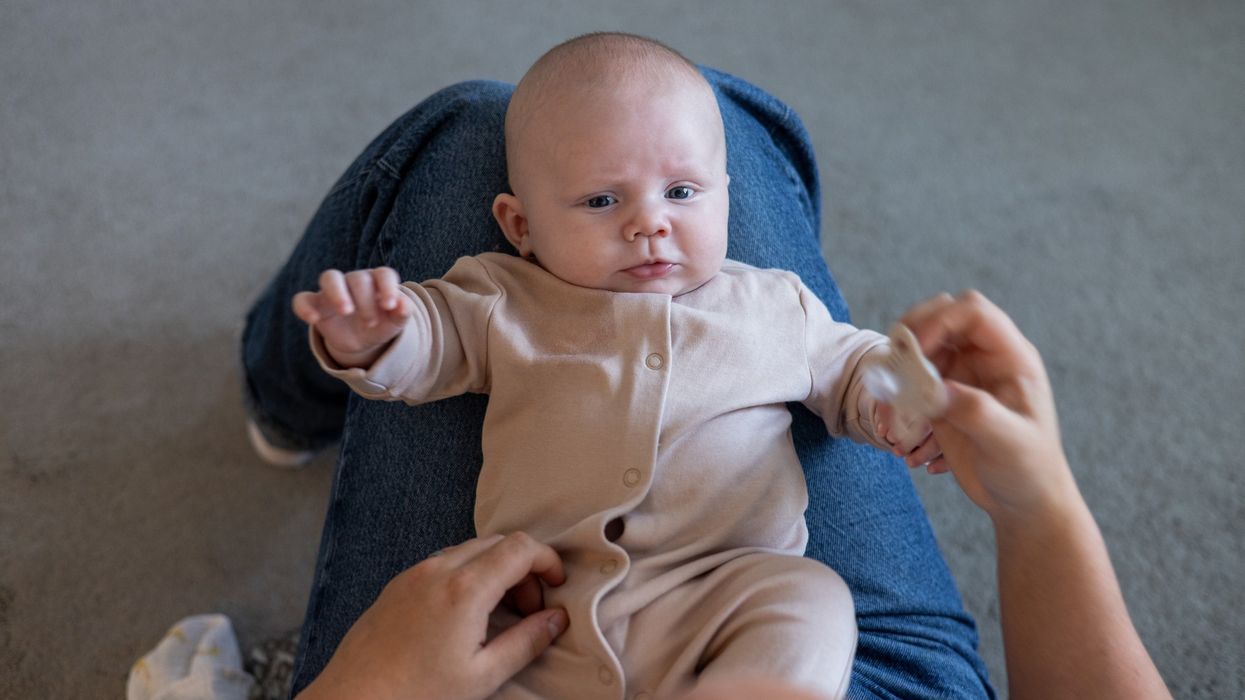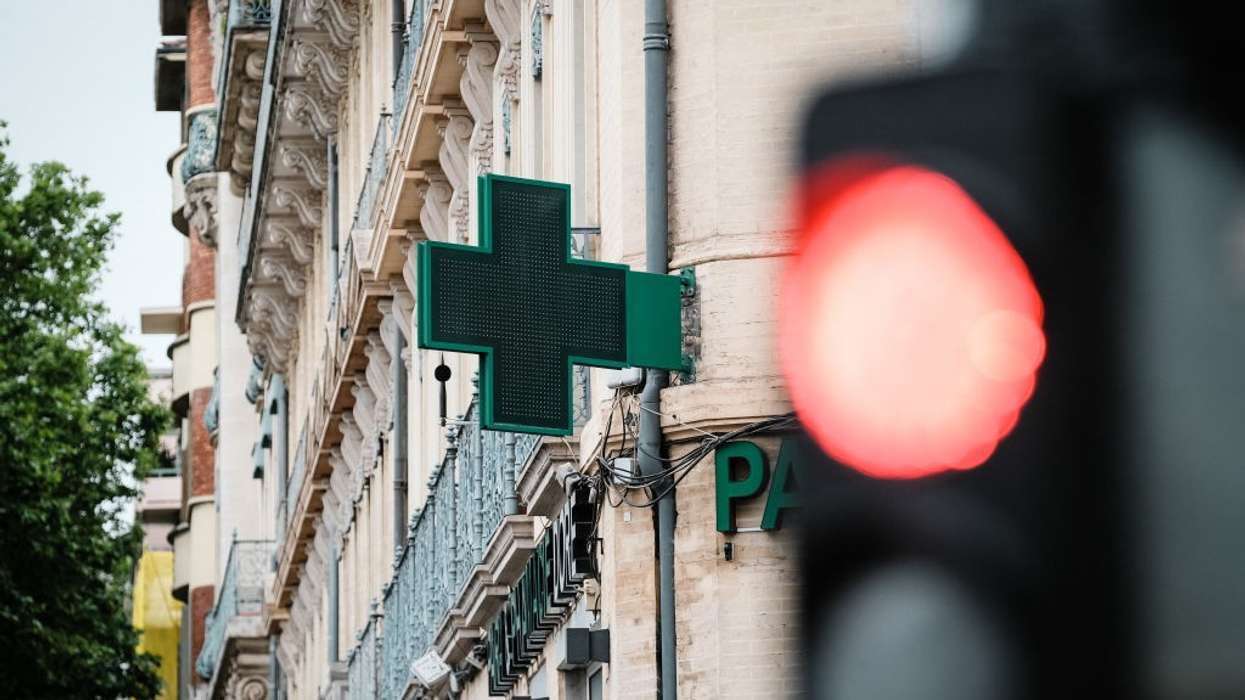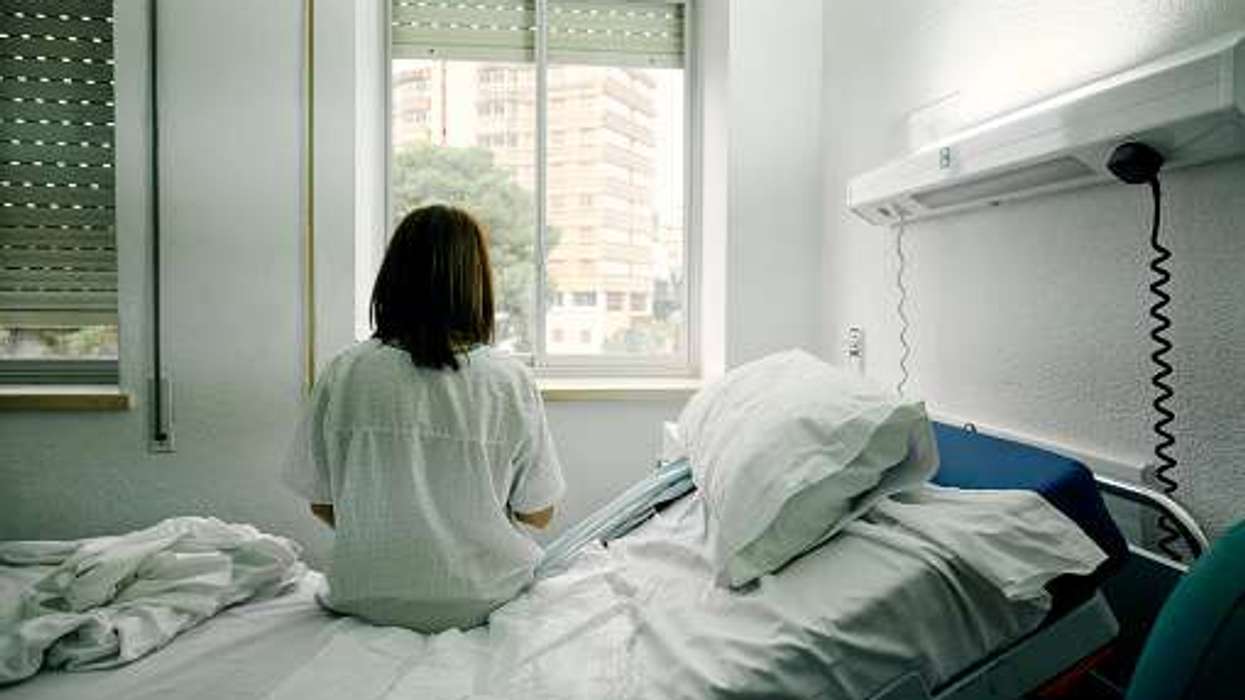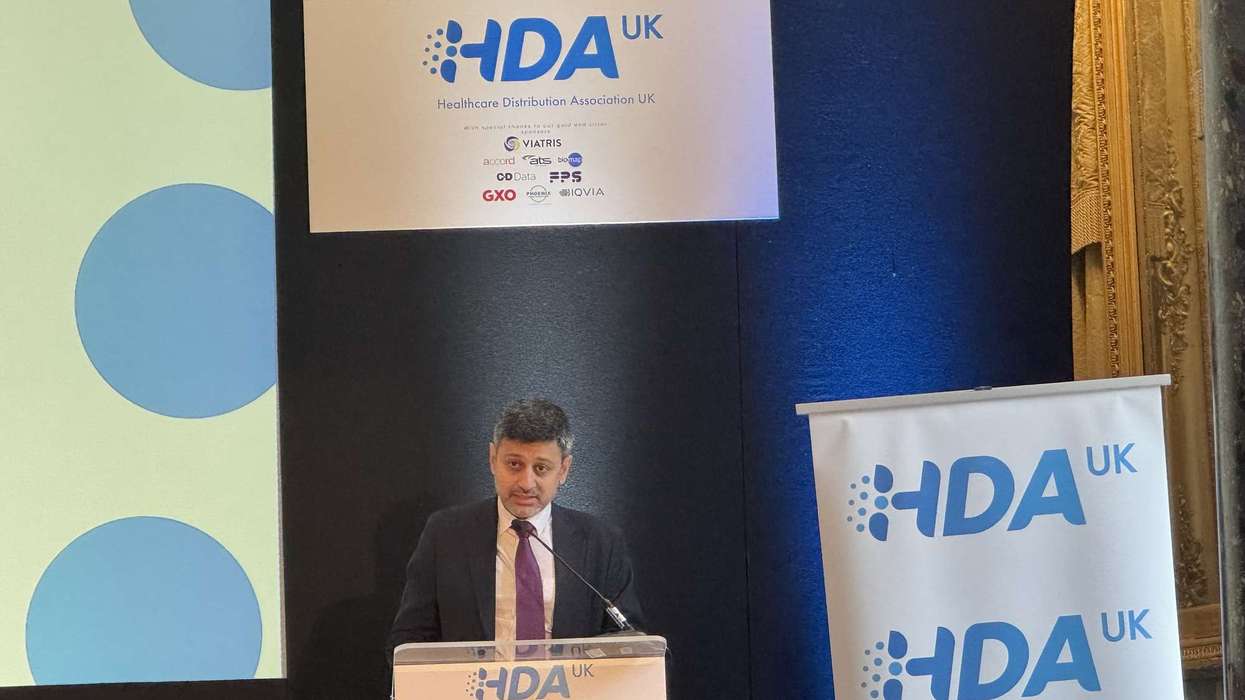- In 2023, about 20,700 babies were born after fertility treatment, up from 8,700 in 2000
- For women aged 40-44, 11 per cent of births were as a result of IVF, up from 4 per cent in 2000
- However, NHS-funded cycles across the UK have decreased in recent years
The number of women giving birth after fertility treatment in UK has been rising steadily, and in 2023 it was one in 32 births, according to the Human Fertilisation and Embryology Authority (HFEA).
In 2023, about 20,700 babies were born via the process, up from 8,700 in 2000, the fertility regulator said.
The proportion of IVF births has risen to 3.1 per cent in 2023, from 1.3 per cent in 2000.
This means around one in 32 UK births in 2023 were via IVF – roughly one child in every classroom – compared to one in 43 in 2013,” the report said.
There has been an increase in older patients opting for the treatment.
For women aged 40-44, 11 per cent of births were as a result of IVF, up from 4 per cent in 2000, HFEA said.
More single patients and female same sex couples are also opting for this mode of treatment.
However, NHS-funded cycles across the UK have decreased in recent years from 35 per cent in 2019 to 27 per cent in 2022 and 2023, the report found.
More than half (54 per cent) of IVF cycles in Scotland were funded by the NHS in 2023, compared with 49 per cent in Northern Ireland, 33 per cent in Wales and 24 per cent in England.
"The decrease in NHS-funded IVF treatments across the UK may relate to increased waiting times," the report said.
Black and Asian patients opting for IVF continue to be low, compared to other patient groups.












